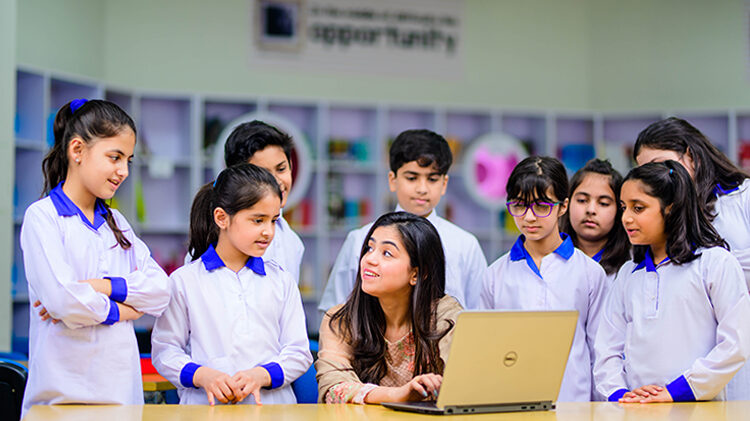
Why PBL
Solving highly complex problems requires that students have both fundamental skills (reading, writing, and math) and 21st century skills (teamwork, problem solving, research gathering, time management, information synthesizing, utilizing high tech tools). With this combination of skills, students become directors and managers of their learning process, guided and mentored by a skilled teacher. PBL allows children to demonstrate their learning by working independently and applying their knowledge and skills in real life. Assessment is an essential component of this approach thus learning is refined through feedback and reflection.
According to research conducted by The Autodesk Foundation, studies have shown that project-based learning is linked to significant improvements in student test scores, attendance and classroom engagement. It also gives teachers the opportunity to build stronger relationships with their students by acting as their hands-on learning facilitator. In essence, PBL is an instructional method where students collaborate with others and “learn by doing.” The same skills learned through PBL are also many of the skills sought by employers.
